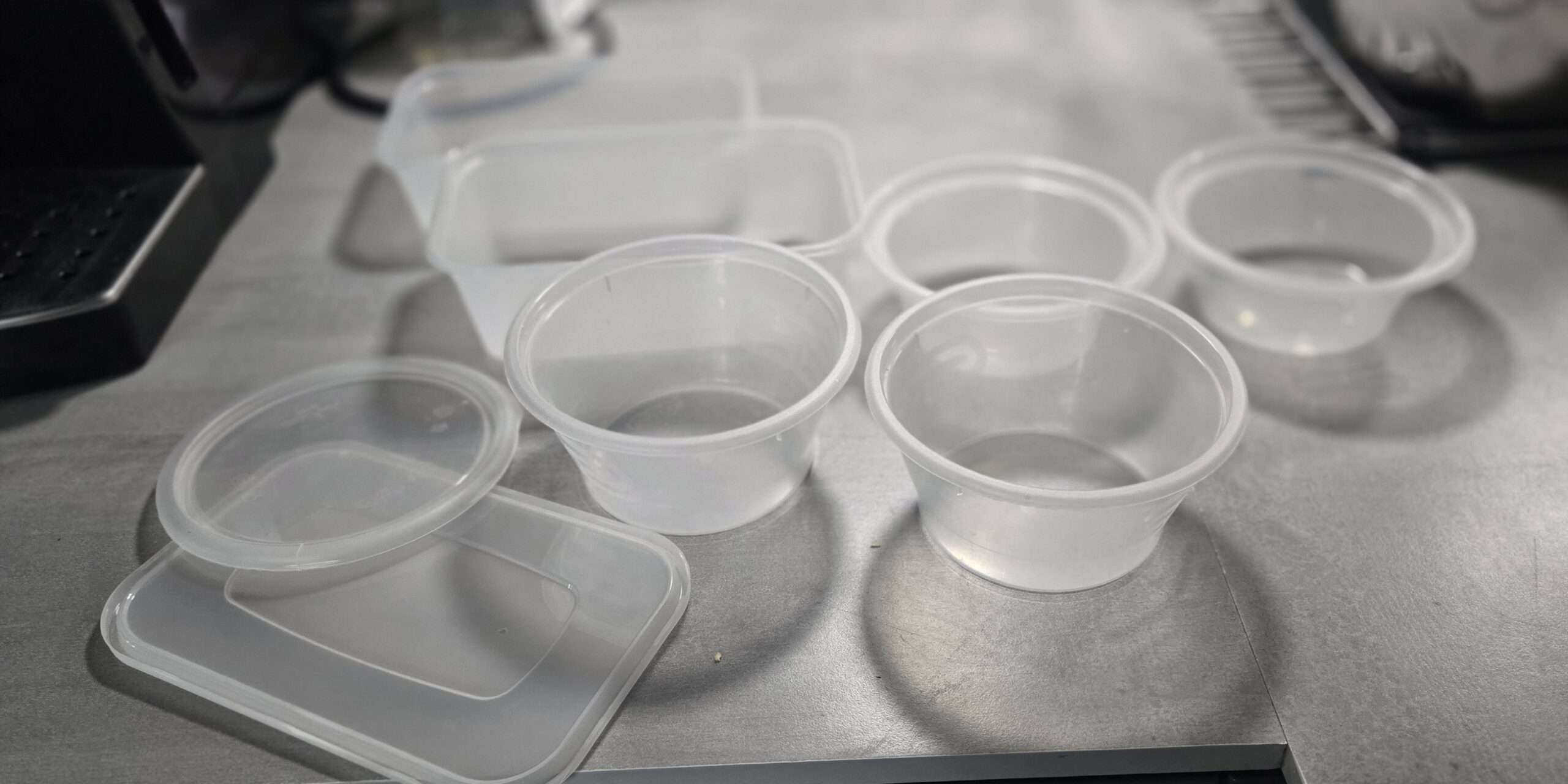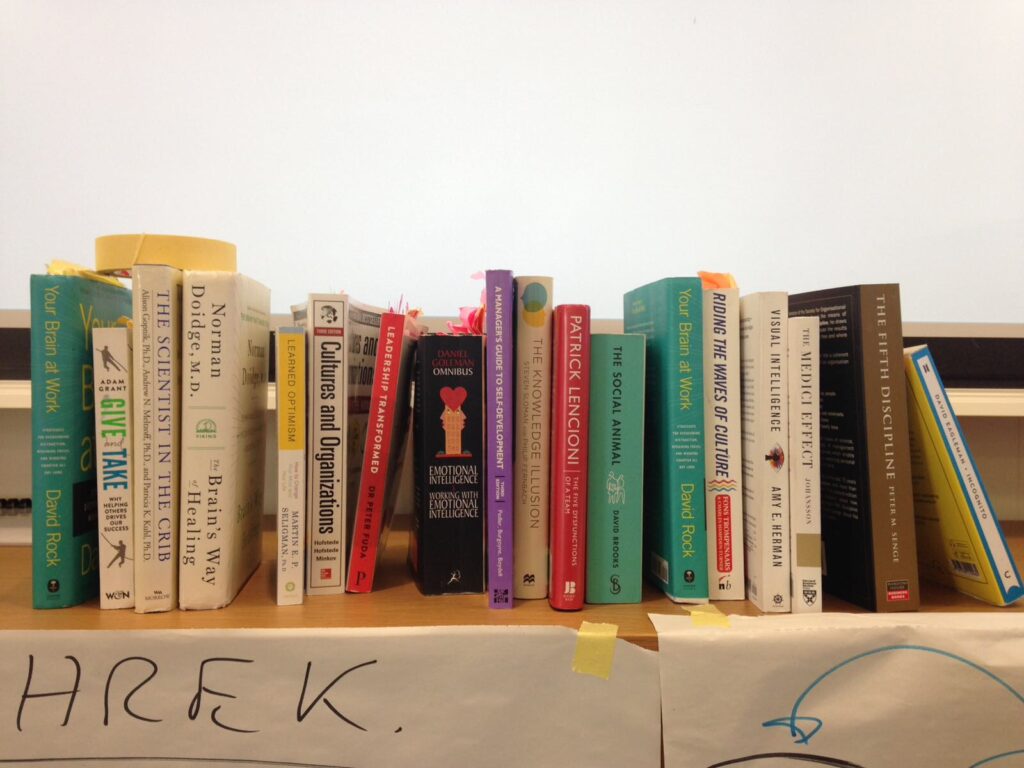Last season, we wrestled with the big life topics: happiness, success, confidence, purpose, love, resilience, time, and freedom.
We tried to make them human, a bit sweary, and less like a TED Talk that starts with “When I was climbing Everest…” (Spoiler: I wasn’t.)
This season? Stranger.
Season 2 is Eight Odd but True Lessons About Being Human — where the big truths are hidden in ridiculous everyday situations.
Why? Because life lessons don’t actually appear during corporate retreats or yoga in Bali. They appear when you’re trying to take lasagne to work and discover that, once again, every single Tupperware lid in the house has gone walkabout.
The Great Lid Conspiracy
Somewhere, in a parallel universe, there’s a perfect kitchen cupboard.
Every container has its matching lid.
None of them smell faintly of last year’s tikka masala.
And no one has ever had to shout, “Why is there a lid but no box?!”
Here, in our universe, we have two piles:
- Boxes without lids.
- Lids without boxes.
The missing ones? They never return.
You’ll find Atlantis before you find the right lid for the box you actually want.
It’s Never About the Lid
This isn’t just a domestic gripe. It’s a test.
The universe is reminding you who’s boss.
Neuroscience has a term for what happens when a missing lid breaks your brain: cognitive load overflow.
Here’s the play-by-play:
- Your brain only has so many “slots” for juggling problems.
- When those slots are full, even the tiniest extra annoyance — like a warped lid that doesn’t fit — tips you over the edge.
- That’s when you find yourself muttering obscenities at a bit of plastic while your prefrontal cortex quietly takes a smoke break.
This is why you can run a £10m sales meeting calmly… and then lose your entire composure over a missing piece of Tupperware.
Why a Lid Feels Like the End of the World
Because your brain is wired to panic about loss.
Kahneman & Tversky (1979) called it loss aversion: losing something hurts about twice as much as gaining the same thing feels good.
So, yes, your brain reacts to losing a 79p lid as if civilisation is collapsing.
It’s not rational. It’s neurological.
The limbic system flashes red: “Danger! You’ve lost something! You’re failing at life!”
Logically, you know it’s daft.
Emotionally, you’re halfway to drafting a letter to your MP about the national lid crisis.
Global Lid Wisdom (Yes, It Exists)
- Japan – Bento boxes are an art form. Losing a lid would feel like dishonouring your ancestors.
- Mexico – Topperware knock-offs rule. Mismatching is a non-issue. Function beats form.
- UK – We hoard ice cream tubs and butter containers as “emergency Tupperware.” Pretend you don’t. We all do it.
- Argentina – Nobody cares if things match. You improvise, laugh, and get on with it.
Same problem, different psychology. The lid gap reveals cultural attitudes to chaos.
Four Ways to Survive the Missing-Lid Meltdown (and Life, While You’re At It)
1. Shrink Your Lid Universe
In Tupperware: Stop hoarding every container you’ve ever inherited from your mum, a takeaway, or an optimistic IKEA run. Stick to a few sizes that actually stack.
In Life: The same principle applies to commitments. Most of us are hoarders of “yes.” We say yes to every meeting, every project, every “quick coffee catch-up” that somehow eats a Tuesday. Then we wonder why nothing fits.
Everyday example: Instead of juggling twelve half-baked goals (gym, Duolingo, learning the cello, running a side hustle, becoming an amateur beekeeper), pick three and actually do them. Fewer variables = more sanity.
2. Do a Lid Reset Ritual
In Tupperware: Once a month, match lids to boxes. Tragic? Yes. Satisfying? Also yes. You’re literally telling your brain: “Order exists, I am not helpless.”
In Life: A reset ritual gives you psychological breathing space. It’s why people deep-clean their house after a breakup or reorganise their desk when a big project’s looming. Small order restores a sense of control when bigger things feel wobbly.
Everyday example: Once a week, empty your inbox, delete the apps you don’t use, or finally sort the drawer where 15 phone chargers go to die. It’s not about the drawer. It’s about reminding yourself you’re not completely at the mercy of chaos.
3. Treat Lids as Resilience Training
In Tupperware: When a lid goes missing, it’s a chance to practice not screaming into the fridge. Breathe. Improvise. Move on.
In Life: These small moments are emotional fire drills. If you can stay calm with the tiny disruptions, your nervous system learns to down-regulate faster when the bigger ones hit. Think of it as amygdala weightlifting.
Everyday example: Missing the bus, spilling coffee on your shirt, or realising the “important file” is in the wrong folder. Instead of a meltdown, treat it like practice reps. You’re building your bounce-back muscle.
4. Adopt the Clingfilm Philosophy
In Tupperware: When the right lid’s missing, foil, clingfilm, or a mismatched lid will do. Is it elegant? No. Does it work? Yes.
In Life: Perfection is the enemy of progress. Stop waiting for the “right conditions” before you start. Wrap it up however you can and get it moving.
Everyday example: Want to write a book? Stop waiting for the perfect office with a leather chair. Start typing in Notes on your phone. Need to exercise? Don’t hold out for the £100-a-month gym. Walk round the block. Clingfilm solutions aren’t glamorous, but they get the job done.
The Lid Lesson
Small domestic dramas aren’t just domestic dramas. They’re life rehearsals.
The missing lid isn’t about lunch.
It’s a snapshot of how you respond to life when things go wrong.
Do you rage? Do you freeze? Do you improvise?
That’s your personal pattern. And it probably shows up everywhere else too.
Managing Tupperware chaos isn’t about becoming a container monk.
It’s about spotting your own operating system — and deciding whether it needs an upgrade.
How you handle lids is how you handle life:
- simplify,
- reset,
- train for resilience,
- and improvise with what you’ve got.
Do that with containers, and you’ll probably do it better everywhere else too.
From Lids to Trust
Next week we move from things we lose to things we share: The Unwritten Rules of Borrowing a Pen.
Spoiler: In some cultures, handing over a pen is a mark of respect. In others, it’s the start of a cold war.



